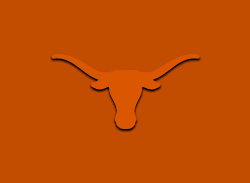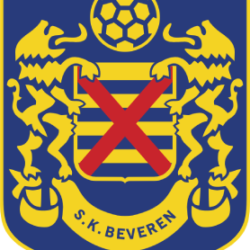Benfica Football Club, often simply referred to as Benfica, is one of the most storied and successful football clubs in Portugal and Europe. Founded in 1904, this Lisbon-based club has become an integral part of Portuguese culture and sporting history. With a passionate fan base known as “Benfiquistas,” the club has amassed numerous titles and accolades, solidifying its reputation as a football powerhouse 98win bet.
The Rich History of Benfica Football Club
The history of Benfica Football Club is a tapestry woven from triumphs, challenges, and iconic moments that have shaped not only the club but also Portuguese football as a whole. From its humble beginnings to becoming a global name, understanding the journey of Benfica provides insights into the essence of football in Portugal.
Formation and Early Years
Benfica was established on February 28, 1904, by a group of young athletes from Lisbon who sought to create a sports club that would promote physical activity and camaraderie. Initially named Sport Lisboa e Benfica, the club quickly gained popularity among local communities.
In the early years, Benfica primarily played friendly matches and participated in regional tournaments. The team’s first major success came in 1906 when they won their first title, the Campeonato de Lisboa. This victory laid the groundwork for what would become a winning tradition for the club.
As the club grew in stature, it became a founding member of the Primeira Divisão in 1934. The league’s establishment marked a significant milestone in Portuguese football, with Benfica at the forefront of competition. The late 1930s saw Benfica secure its first league championship, signaling the rise of a footballing giant.
Golden Era of Success
The 1960s represented a golden era for Benfica Football Club. Under the management of legendary coach Béla Guttmann, the team achieved remarkable success both domestically and internationally. The pinnacle of this period was the club’s back-to-back European Cup victories in 1961 and 1962.
The first triumph in 1961 came against the formidable Spanish side Barcelona, with Eusébio da Silva Ferreira, affectionately known as Eusébio, leading the charge. His exceptional speed, skill, and scoring prowess made him an icon, earning him the nickname “The Black Panther.” Eusébio’s influence extended beyond the pitch, as he became a symbol of hope and pride for Portugal during a challenging era.
Benfica’s second European Cup victory solidified their place in football history. The 1962 final against the Czech club, Dukla Prague, showcased not only Benfica’s talent but also their resilience. These victories established Benfica as a dominant force in European football and created a legacy that resonates with fans to this day.
Challenges and Resilience
After the golden era, Benfica faced challenges in the following decades. The club experienced periods of transition and uncertainty, particularly during the 1980s and early 2000s. Despite these difficulties, the spirit of Benfica remained unwavering.
The club underwent several managerial changes and player turnovers as they aimed to regain their former glory. However, the passion of the supporters never wavered, as they continued to fill the iconic Estádio da Luz, creating an electrifying atmosphere for home games. The club’s motto, “E Pluribus Unum,” which translates to “Out of many, one,” embodies the unity and resilience of the Benfiquistas during tough times.
The Modern Era
In recent years, Benfica has seen a resurgence, reclaiming its position as one of Portugal’s top clubs. The signing of talented players and strategic investments in youth development have revitalized the team’s performance. Under the guidance of skilled coaches, Benfica secured multiple Primeira Liga titles and consistently competed in European competitions.
Beyond domestic success, the club has focused on strengthening its global presence. Strategic partnerships and outreach initiatives have allowed Benfica to connect with fans worldwide, expanding its brand and fostering a sense of community among supporters.





